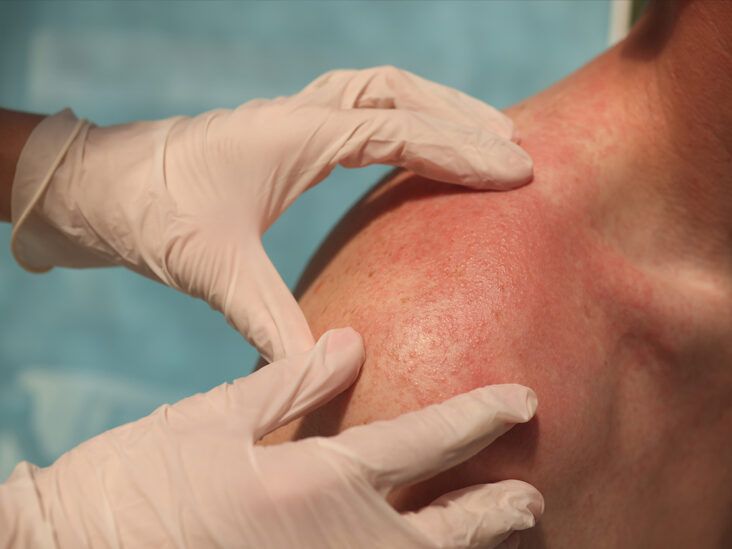Address your hair loss issues with guidance from an experienced hair care specialist.
Address your hair loss issues with guidance from an experienced hair care specialist.
Blog Article
Navigating Skin Cancer Therapy: The Crucial Function of Mohs in Modern Dermatology Practices
Skin cancer cells, a difficult medical diagnosis, frequently leaves people grappling with various therapy alternatives. As we explore the ins and outs of this treatment, one will appreciate its crucial role in skin cancer therapy.
Recognizing Skin Cancer: Types and Dangers
There are 3 major kinds of skin cancer cells: Basal cell carcinoma, Squamous cell cancer, and Cancer malignancy. It accounts for just regarding 1% of skin cancer cases yet creates the huge majority of skin cancer cells deaths. Danger factors include fair skin, background of sunburn, extreme sunlight direct exposure, living at high elevations or close to the equator, having lots of moles, a family background of skin cancer cells, and damaged immune system.
What Is Mohs Surgery and Just How It's Revolutionizing Skin Cancer Therapy
Despite the various therapies presently available for skin cancer, Mohs surgical procedure stands out as a groundbreaking and very effective service. Called after Frederic E. Mohs, the doctor who developed the treatment, Mohs surgery is a specific medical method utilized to deal with skin cancer. This degree of precision, integrated with the ability to spare as much healthy tissue as possible, is revolutionizing skin cancer cells therapy.
The Advantages of Mohs Surgical Procedure Over Standard Skin Cancer Therapies
Building on the ingenious nature of Mohs surgery, it's imperative to consider its countless advantages over typical skin cancer cells therapies. Unlike basic treatments, Mohs supplies a higher cure rate, usually reaching 99% for newbie therapies and 94% for recurring cancers. Furthermore, it minimizes damage to healthy skin, leading to less scarring and boosted cosmetic results.
The Procedure of Mohs Surgical Procedure: What to Expect During the Process

Possible Adverse Effects and Post-Operative Care of Mohs Surgical Treatment
Undertaking Mohs surgery, like any this website kind of other operation, entails possible side results that patients must know. Typical adverse effects consist of discomfort, wounding, and swelling at the surgical procedure website. However, these are typically temporary and manageable with non-prescription pain medication and ice packs. In rare instances, individuals might experience infection, bleeding, or a sensitive reaction to the local anesthetic. Post-operative care is critical to healing and lessening adverse effects. This commonly involves keeping the wound clean and dry, taking prescribed medications, and avoiding difficult activities. Individuals must likewise go to all follow-up visits for wound care and monitoring. Sometimes, additional treatments may be necessary to ensure full elimination of the malignant cells. Complying with these post-operative care guidelines can greatly boost recuperation and end results.
Final thought
:max_bytes(150000):strip_icc()/GettyImages-1154030721-974bcd6d70ff4489ba961317f1f3640f.jpg)
Report this page